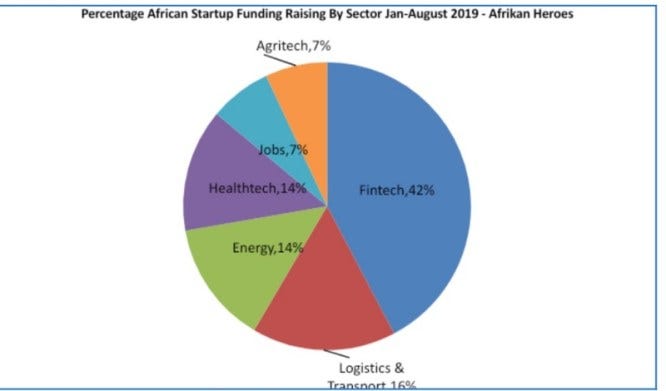Mauritius, South Africa and Kenya Ranked As The Most Innovative Countries In Africa
According to the World Innovation Index developed by WIPO, Mauritius, South Africa and Kenya stood out in sub-Saharan Africa by their performance. The gap between rich and developing countries is widening, with 8 African countries in the bottom.
Mauritius ranks 1st in sub-Saharan Africa in the ranking of the global innovation index published on Wednesday, September 2, 2020 by the World Intellectual Property Organization (WIPO), in collaboration with Cornell University (United States ) and the European Institute of Business Administration (INSEAD). In the world, the Mauritian capital is the 9th economy in terms of the quality of institutions and the dynamism of the market.
Read also:Mastercard Launches A $13.8 Million Emergency Loans Program For Women-owned Businesses In Kenya
A ranking of innovation results is established in 131 countries around the world, based on 80 indicators in several sectors, including business development, political environment, infrastructure, etc. This year’s publication is placed under the theme of funding, in view of the damage caused by the Coronavirus pandemic.
Mauritius, South Africa and Kenya respectively 52nd, 60th and 86th globally, lead in the sub-Saharan Africa region. Of the 25 economies identified as the best performing, 8 come from this region.
Among the other countries that stand out in the ranking, Tunisia (65th) and Botswana (89th) have higher spending in the education sector, while South Africa, Kenya and Egypt ( 96th) invest more in research and development. In terms of the domestic market, it is again South Africa which is positioned in 1st place in terms of market capitalization.
Read also:The Future of Cloud Computing: Moving at the Speed of Business By Patrick Ndegwa
However, the gap between rich and developing countries is widening, especially in terms of financing innovation. Of the 10 worst performing countries in terms of innovation, 8 are African, including Zambia, Mali, Mozambique, Togo, Benin, Ethiopia, Niger and Guinea.
Globally, Switzerland, Sweden, the United States, the United Kingdom and the Netherlands lead the ranking.
Charles Rapulu Udoh

Charles Rapulu Udoh is a Lagos-based lawyer who has advised startups across Africa on issues such as startup funding (Venture Capital, Debt financing, private equity, angel investing etc), taxation, strategies, etc. He also has special focus on the protection of business or brands’ intellectual property rights ( such as trademark, patent or design) across Africa and other foreign jurisdictions.
He is well versed on issues of ESG (sustainability), media and entertainment law, corporate finance and governance.
He is also an award-winning writer



